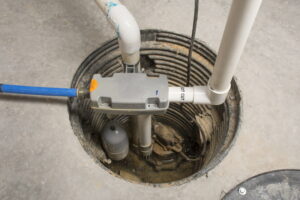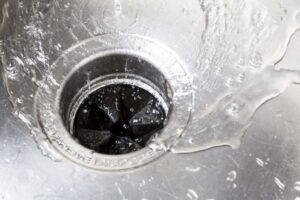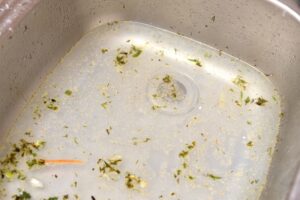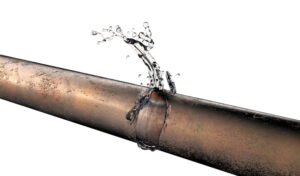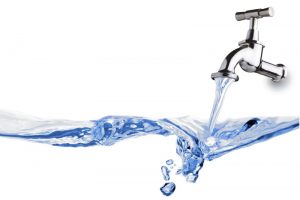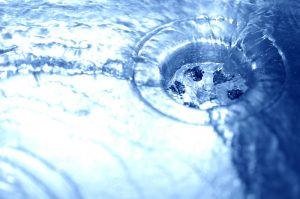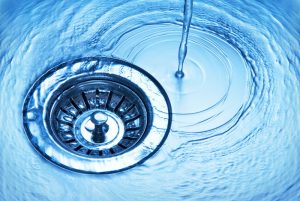
For anyone who’s ever had a slab leak in their home, the term itself can send anxiety coursing through them as they remember the experience of managing it. Slab leaks are among the most insidious of plumbing problems after all, as they are hidden and often don’t show symptoms until a great deal of damage has already been done.
We don’t say this to scare you, but to urge the importance of contacting a professional, and experienced, professional the moment you suspect that your home is experiencing this problem. Read on to learn more!


